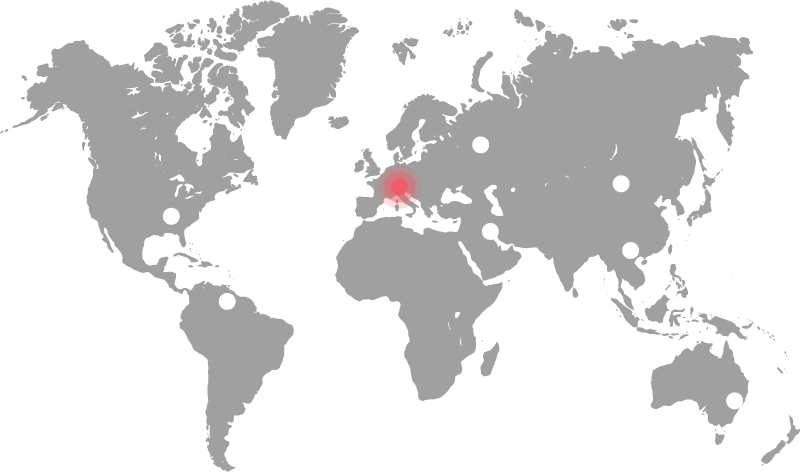Mind the Gap: Tackling Evidence-Based Research Skill Deficiencies in Medical Education – A New Study Finds
Jan 15
Over 60% of medical students embark on their projects without adequate research skills and training, according to recent study from Sydney, Australia. This staggering statistic underscores a persistent challenge within the academic and scientific community: the lack of foundational training for students and young researchers at the outset of their careers.
A recent study published in BMC Medical Education sheds light on this issue and offers insights into the importance of structured learning. For example, on-demand continuing education can bridge this critical gap. The research highlights the need for a systematic approach and accessible training to equip early-career researchers with the necessary skills to conduct high-quality, impactful studies.
The Study Findings
Despite the increasing complexity of scientific inquiries and the heightened demand for rigorous methodologies, many students and researchers begin their projects with limited understanding of research design, data analysis, or ethical considerations. This lack of preparation can lead to poorly designed studies, wasted resources, and unreliable findings that undermine the credibility of science.
The study surveyed 513 medical students who completed the medical program between 2017 and 2021 and were required to engage in a research project. The survey found that 37% of medical students felt they had the requisite research skills before undertaking their research projects. Among the students participating in the study, only 44% (225 out of 513) of students considered research methods teaching helpful in relation to their ability to complete their MD research project, while 84% reported that they felt they had acquired these skills after completing their research project.
Many students rated the training in essential research skills, such as statistics, critical appraisal, and literature review, as important but not useful. This suggests that these efforts are often fragmented and fail to provide comprehensive ongoing training for obtaining the necessary research skills to conduct their research activities.
Many students rated the training in essential research skills, such as statistics, critical appraisal, and literature review, as important but not useful. This suggests that these efforts are often fragmented and fail to provide comprehensive ongoing training for obtaining the necessary research skills to conduct their research activities.
Interestingly, the study revealed that the perceived usefulness of research and ethics training was linked to higher student satisfaction. This finding underscores the importance of effective knowledge transfer in enhancing students' learning experiences and equipping them with the skills necessary for their academic and professional growth.
Why the Findings Are Important
Evidence-Based Medicine (EBM) practice requires medical practitioners to critically evaluate evidence and possess the knowledge and skills to integrate research findings into clinical practice. Early research training embedded within medical curricula can significantly enhance future EBM outcomes for healthcare professionals by closing the knowledge gaps that might otherwise hinder clinical and professional development.
These findings are particularly relevant given that similar research training gaps have been identified in other regions. For example, a recent survey of medical students across 26 countries highlighted comparable challenges in equipping students with essential research competencies. Addressing these gaps through structured, hands-on research training can help ensure that the next generation of healthcare professionals is well-prepared to navigate the complexities of modern medicine and deliver evidence-based care.
The Way Forward
To tackle this pressing issue, a multi-faceted approach is essential:
• Structured Training Programs: Institutions should offer comprehensive training programs tailored to the needs of researchers at different career stages.
• Mentorship and Peer Support: Establishing mentorship networks and peer support groups can provide researchers with guidance and encouragement as they navigate their projects.
• Leveraging Technology: Online platforms and e-learning tools can make high-quality training accessible to a broader audience, overcoming barriers of time and location.
The Role of Organizations Like Epistudia
At Epistudia, we recognize the importance of empowering students, the medical community, and researchers with the skills they need to succeed. Our training programs are designed to provide essential practical research skills, implementing evidence-based education in areas like systematic reviews, biostatistics, and evidence synthesis. By addressing the training gap, we aim to foster a new generation of researchers and support the evidence-based practice of healthcare professionals to make meaningful contributions to their patients and research fields.
The findings from the BMC Medical Education study serve as a wake-up call for the medical and researchcommunity. By investing in the training and development of medical students and healthcare professionals, we can enhance the quality of healthcare and of the scientific output.
30% discount offer!
Click the button to make this offer yours! Limited-time only!


